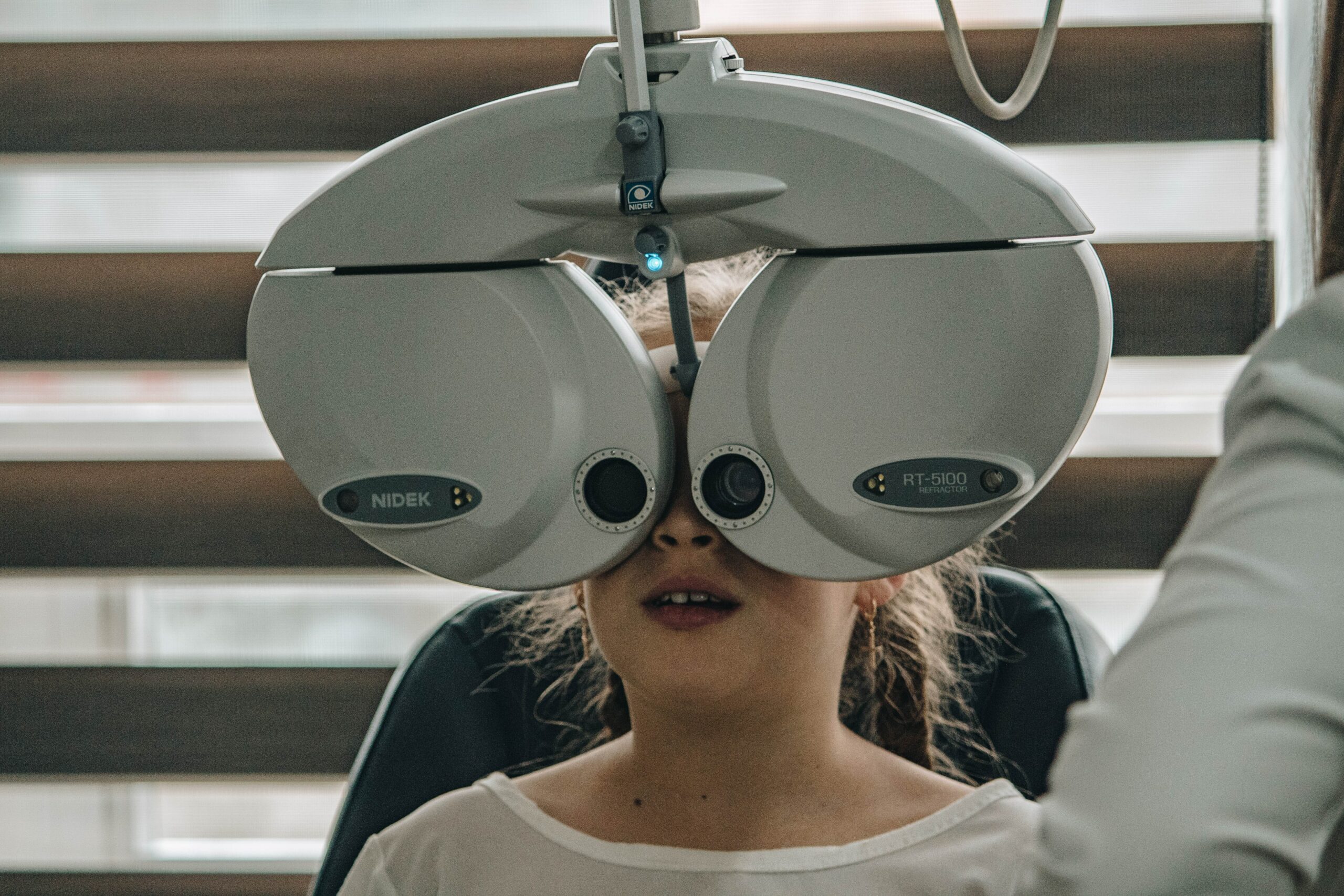Eye health is more holistic than you think. Eyes are affected by what you eat, what activities you choose, your habits, and even how you dress. It’s important you make good choices throughout your daily life to keep this body part functioning in top shape! Here are 17 tips to protect your eyesight and keep your eyes healthy in the long run.
Watching What You Ingest
While our eyes aren’t always the first parts of our body we think of when sticking to a healthy diet, they are profoundly affected by what we eat. Your eyes need a wide variety of nutrients to function at their best.
If you suffer from dry eyes, you may try eating:
- fatty fish like oysters and salmon
- vegetarian options like fruits, nuts, and seeds
- Eyes need lots of vitamins for cell protection and anti-aging effects. Examples of brightly colored foods that have positive eye health benefits include:
- Berries
- Kale
- Carrots
- Mangoes
- Broccoli
Ingesting smoke can have a great negative effect on your eye health. Smoking should always be avoided when caring for your eye health.
How an Active Lifestyle Benefits Your Eyes
Protecting your eyes isn’t just about eating healthy. Having an active lifestyle prevents the progression of diabetes and other diseases that directly affect vision and ocular wellness.
How you take part in these activities is also a factor in how healthy your eyes will remain. Even though spending time outside in the sun prevents nearsightedness in children, it’s important to follow these extra steps:
When outdoors, protect your eyes from the sun with a shady hat and sunglasses that protect you from UV rays. These rays can lead to a wide variety of eye health issues down the line.
Wear goggles and other protective eyewear when you take part in sports and lawncare activities that involve contact and flying debris. An extra bit of safety now can save you from severe eye damage.
How to Protect Your Eyes When Indoors
Just like the outdoors, it is immensely important that people be mindful of their eye safety when indoors. Interacting with digital screens and electronics contributes directly to eye strain when not used properly. Some symptoms of eye strain include:
- Dry eyes
- Watery eyes
- Headaches
- Burning eyes
- Sensitivity to light
- Blurred vision
While these symptoms are not pleasant, they are usually temporary and not related to more serious conditions. However, many of these symptoms can be prevented altogether by following recommended indoor procedures to protect your eyes.
- A good rule of thumb when spending a lot of time indoors is the 20/20/20 rule: for every 20 minutes you spend in front of a screen, spend 20 seconds staring at something 20 feet away.
- Try not to stare up at screens or directly into screens. If possible, have the top of your monitor align with your natural gaze while seated.
- Every 2 hours of screen time, take a 15-minute break to rest your eyes. This could also be a great time to get some fresh air or go for a short walk.
Communicate with Your Optometrist
When it comes to your eye health, your optometrist can be an incredible resource. Make sure you and your eye doctor have as much information about your family health history as your own health history.
- If members of your family have diabetes, glaucoma, cataracts, or other vision-related concerns, your doctor needs to know so they can keep an eye out.
- Your doctor also needs a comprehensive list of the medications that you take, both prescribed and over the counter including vitamins.
- Let your doctor know about eye injuries, surgeries, and allergies that you have.
The more information your optometrist has about your medical history, the better service they will be able to provide.
Take care of your eyes now to prevent problems from developing in the future. Contact the award-winning professionals at Eyes of Lubbock today to schedule an appointment and learn how you can protect your eyesight!

